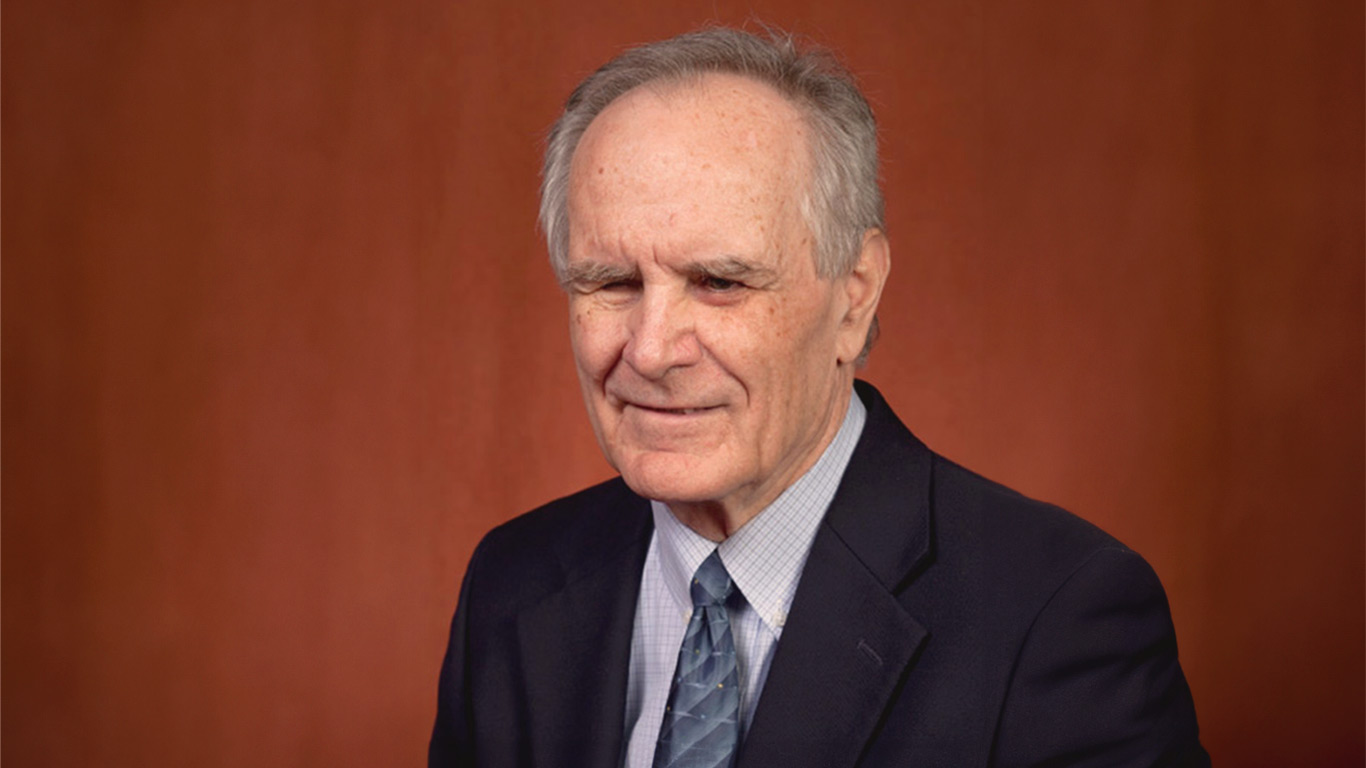Economist James Gwartney died Sunday at 83. He made important scholarly contributions, but his role in educating the general public made him truly influential. Three contributions stand out: his textbook, his role in creating the Economic Freedom of the World index, and his (ultimately ill-fated) help in transforming a moribund Russian economy in the early days of Vladimir Putin.
Economics: Private and Public Choice, coauthored originally with Richard Stroup (1943–2021) and more recently with others, is in its 17th edition. It was the first major textbook to emphasize public-choice economics, introducing the notion of government failure and looking critically at the Keynesian orthodoxy that stresses positive governmental contributions to economic stability and growth. The text’s enduring acceptance demonstrates that Keynesian perspectives have lost popularity even among academic economists.
Gwartney was a founding coauthor of the Economic Freedom of the World index, which since 1996 has been published by more than 100 institutions, including the Fraser Institute in Canada and the Cato Institute in the U.S. The index was the idea of Milton and Rose Friedman and Fraser’s Michael Walker, but Gwartney and his team (including one of us, Mr. Lawson) led the charge to establish it and make it viable. It now scores 165 countries based on several dozen indicators, including low government spending, protection of private property rights, stable prices, free trade, and light regulation of markets. More than 1,300 peer-reviewed journal articles have used the Economic Freedom of the World index to demonstrate the beneficial effects of economic freedom for national income growth, healthy outcomes and equality across many dimensions.
Gwartney (like Mr. Vedder), in research published by the Joint Economic Committee of Congress, empirically demonstrated that excessive governmental spending led to output below a maximum potential. That prompted Gwartney to make an early 2000 visit to Russia, which had spent a decade struggling with the transition from the Soviet command economy. The new president, Vladimir Putin, wanted to reverse the decline. His economic adviser Andrei Illarionov invited a small delegation of market-oriented American economists to meet with Mr. Putin and other Russian officials. Within months of the visit, Russia had replaced its income tax, which had a top rate of 80%, with a 13% flat rate. The economy boomed, only to stagnate after a few years as Mr. Putin increasingly reverted to an authoritarian kleptocracy.
Gwartney coauthored a fine follow-up to his textbook in 2016, “Common Sense Economics: What Everyone Should Know About Wealth and Prosperity.” That was all the more remarkable given that by that time he had gone blind. Strong support from his wife, Amy, and a strong religious faith kept him productive until days before his death.














